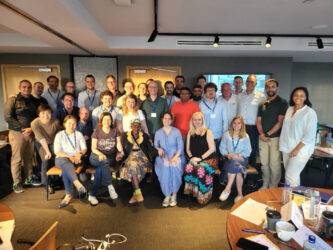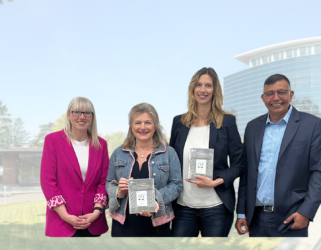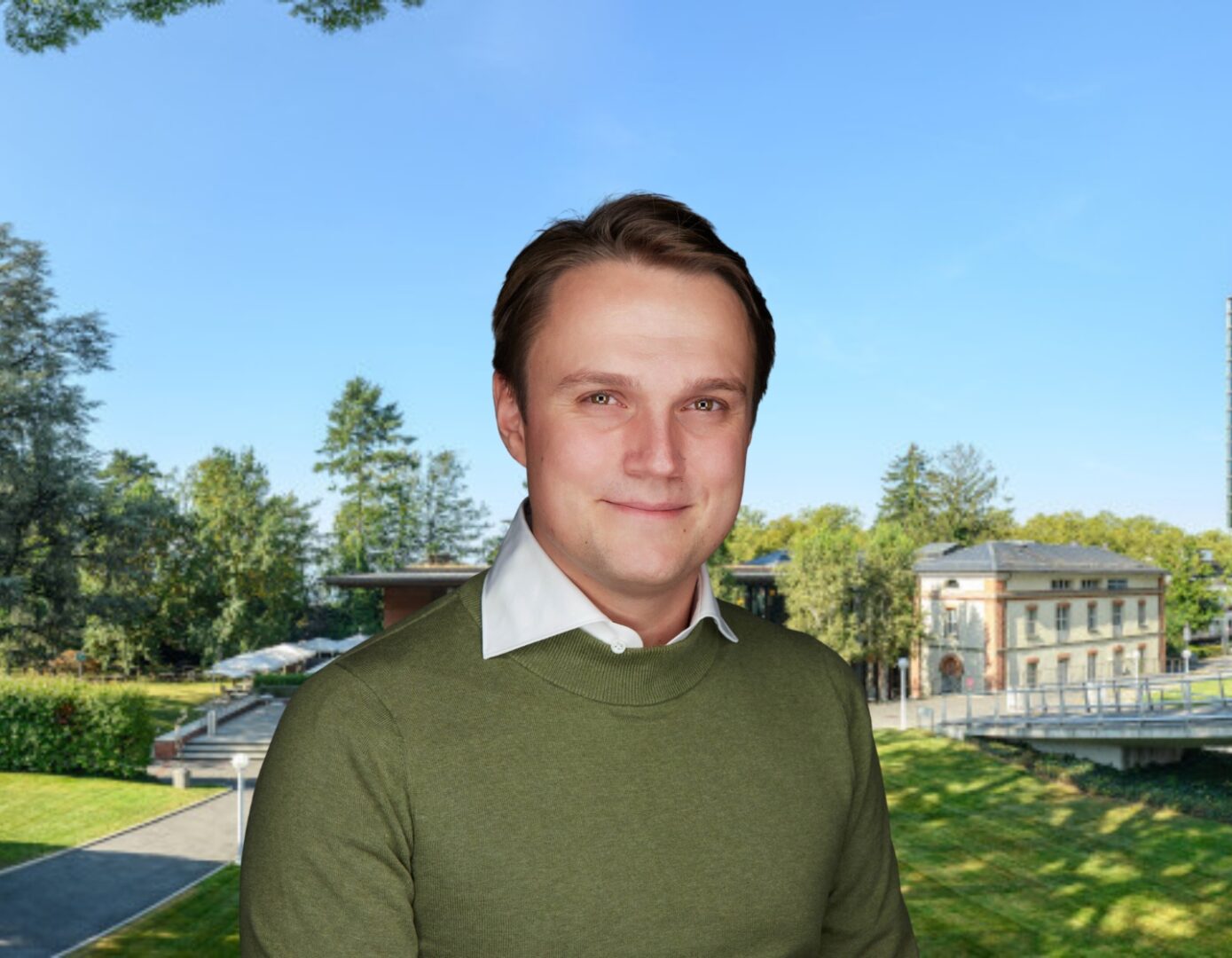
Jasper Schakel had always wanted to be an engineer in the water sector and was attracted to the idea of “building something with your hands and having a social impact.” After all, he says, “Water is a beautiful product — we all need it, and it connects us all.”
So, when the opportunity arose to go to Ghana to work on the African Water Corridor project as part of the Young Expert Program (a collaboration between his employer, consulting engineers Witteveen+Bos, and his alma mater, Delft University of Technology), he jumped at the chance.
The plan was for him to go to Ghana, set up an office, and have students come over from the university to test water-treatment technologies in an African environment. Unfortunately, the COVID-19 pandemic hit as soon as he landed, and it would be two or three years before the first students finally started arriving. As a result, he remembers it being “a hard and lonely experience.”
He was also frustrated by how NGOs and other organizations ran water solutions and infrastructure in Ghana but found inspiration in the social enterprise Project Maji. “They emphasized to me that sustainability hinges on a sustainable business model. They made it clear that if a solution can’t be maintained with local revenue, its longevity is compromised, and its impact will be short-lived.”
Going to IMD
In 2022, increasingly frustrated by his time in Ghana and encouraged by his American roommate Rohit Mukherjee, who was setting up ambulance services in northern Ghana as part of a Fulbright scholarship program, he decided to apply to business school. After researching IMD, he was “blown away” by the institute’s mission to create social impact. “It fully connected with me,” he recalls.
Schakel received a Merit Scholarship to take up his MBA in 2023, which helped him financially. In addition to benefitting from this support, he and his business partner Erik Kraaijeveld won the 2023 IMD Venture Award (established in 2022 by MBA alumnus Thierry Maupilé) for their startup business Chemical Innovations in Water Industries (CIWI), which facilitates access to the chemicals needed to treat water by harnessing electrochemical processes. Schakel reveals, “Erik and I had been tinkering with the technology for a while, but I was inspired by the IMD Venture Award to revisit the problem and see how we could create a business out of it.”
Besides the financial grant of 100,000 CHF, which gave the startup a 12-month runway to develop the product in-house, ongoing support from two faculty members proved extremely helpful in getting the business off the ground.
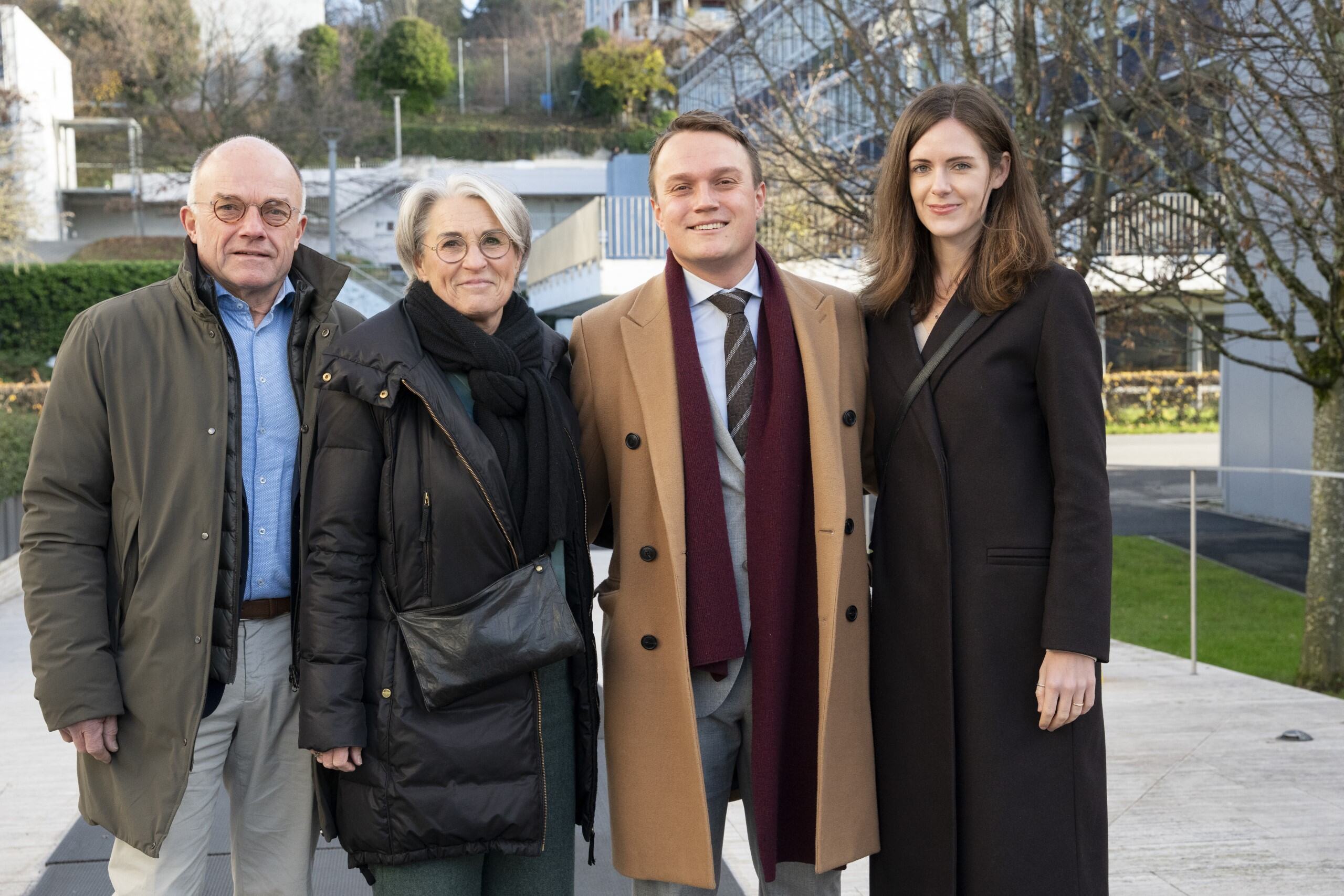
First, says Schakel, Adjunct Professor of Entrepreneurship and Management Jim Pulcrano “has been a fantastic help” in terms of advice and encouragement, while Professor of Marketing and Strategy Frédéric Dalsace made two key points: “First of all, he said engineers are always in love with the technology, and they forget about the customer, which was a weakness I could see in myself. Second, they tend to lose sight of what the customer actually does with the product.” That proved to be a eureka moment for Schakel: “A light bulb went off. I realized that we had been using the technology the wrong way in Ghana, so I said to Eric, ‘If you look at the technology this way, maybe it could work.’
“Eric and I had had several brainstorming sessions with Professor Doris van Halem of TU Delft in the past and we started to brainstorm together again. With her help, we tweaked the business model and came up with a new process that our whole company is founded on. Currently, the three of us are applying for a patent.”
Developing skillsets in unexpected ways
IMD faculty also played a crucial role in developing his skillset in ways that surprised him. He says, “One of the reasons I went to IMD was because I loved that it was a small class size, you could make much more personal connections, and I really needed that after two and a half lonesome years in Ghana.”
He found the hard skills — “this is how you build a financial model, this is how venture capital works” — comparatively easy to assimilate, but he still found the learnings very useful for demystifying the process: “I was very grateful for that because I realized I could actually use these skills to build a company and make a global impact, which is not something an engineer coming from a technical university would necessarily understand.”
But it was the development of a set of new soft skills that had the most significant effect: “What I really learned at IMD was that you have to connect with people and understand their motives. Otherwise, you’re pulling the horse, so to speak.”
After the isolation of Ghana, Schakel admits he struggled at first to connect with people. “I was still in survival mode in some respects, thinking, ‘Okay, we need to do this, otherwise the project will not be completed on time’. I had to learn how to connect with my fellow students to understand their motivations and not just focus on project outcomes. And I underestimated how influential the leadership course would be. I went to IMD to learn the hard skills, but the most influential part was the leadership model and how it shaped my thinking.”
“I was really blown away by what IMD is trying to do in terms of social impact.”
The learnings resonated deeply with his experience in Africa, where he had found that “many so-called sustainable solutions rely heavily on donations to survive,” making them unsustainable in the long run. He says, “This needs to change. True sustainability means creating solutions that can stand the test of time and continue to thrive without constant external support. It’s about shifting the focus from short-term fixes to long-term viability, ensuring that our efforts today have a lasting impact for generations to come. I believe IMD can play a pivotal role in helping people create this impact.”
Role of scholarships in executive education
The scholarship gave Schakel an insight into the crucial role of scholarships in executive education: “I really see the value in it because executive education is very expensive, and if you don’t have scholarships, you only get executives from one background, so you don’t have that diversity of experiences and ideas.”
Encounters outside the classroom served to underscore the impact of an IMD education: “So many alumni are willing to give other people the same opportunity and experience they had. I got to talk to a few IMD alumni in random places, and they were so positive about IMD. Once, I was out hiking wearing an IMD shirt, and I was stopped by a manager from Nestlé who stopped me to talk about what an amazing experience going to IMD had been. Another time, I was cycling and had an IMD backpack on when I was stopped by another alumna in the street who said the same thing.”
His experiences at IMD brought home to him just how much models of leadership have evolved away from ones focused on authority and function to ones based on influence: “Connecting and motivating people is more important today because otherwise, people will leave you — people don’t leave jobs; they leave managers.
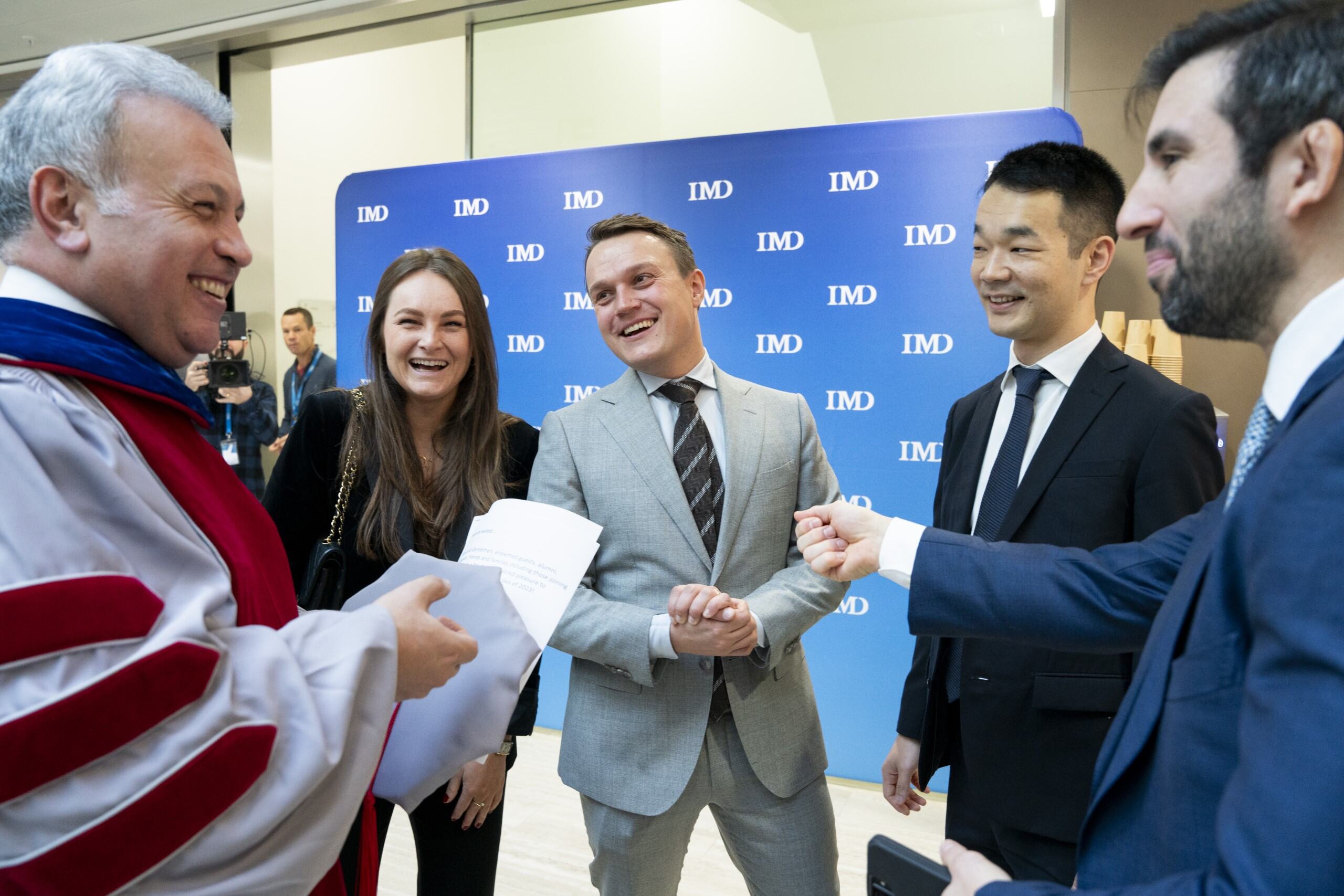
“It’s not enough now for a leader to think, ‘Okay, I’ve done the financial projections, so my work is done.’ There needs to be more moral leadership because today, many people only want to work at a company that has an impact or does something in terms of sustainability. I think that attitudes are changing, and that trend will only become more prevalent in society.
“For me, the most important aspect of leadership to ensure lasting impact is to take a step back and see which way the wind is blowing. You have to understand where things are moving and stay calm. You also have to realize that you cannot do it by yourself — you must be able to connect with people.”
Besides surprising encounters with alumni, there were many other memorable moments outside of school. Schakel has one clear favorite: “For me, it was winning the Battle of the Bands during the MBAT in Paris. I’ve played the saxophone my whole life, and it was my creative outlet during the MBA. I’m no Miles Davis or Chet Baker but winning the Battle of the Bands together with my classmates was a really beautiful bonding moment.”



